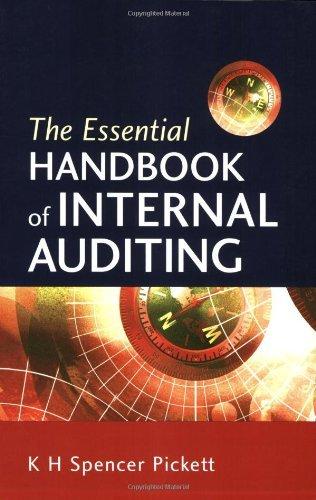Question
par value stock is capital stock that has been assigned a value per share in the corporate charter. The par value may be any amount
par value stock is capital stock that has been assigned a value per share in the corporate charter. The par value may be any amount selected by the corporation. Par value is usually quite low. Historically, par value was used to determine the legal capital per share that must be retained in the business for the protection of corporate creditors. It is the amount that is not available for withdrawal by stockholders. No-par value stock is capital stock that has not been assigned a value per share in the corporate charter. In many states the board of directors is permitted to assign the stated value to the no-par shares, which then becomes the legal capital per share. The state value of no-par stock may be changed at any time by action of the directors. Stated value, like par value, does not include or correspond to the market value of the stock.
Should corporations return to the historic standards of holding enough par-value stock to cover liabilities owed by the corporation? Why or why not?
Step by Step Solution
There are 3 Steps involved in it
Step: 1

Get Instant Access to Expert-Tailored Solutions
See step-by-step solutions with expert insights and AI powered tools for academic success
Step: 2

Step: 3

Ace Your Homework with AI
Get the answers you need in no time with our AI-driven, step-by-step assistance
Get Started


